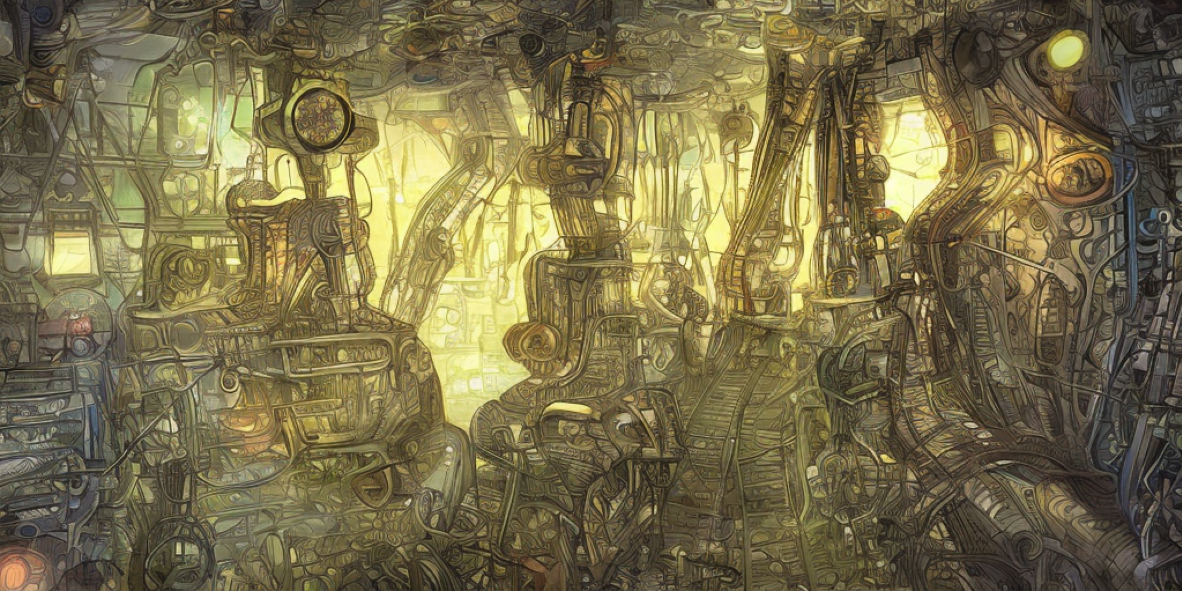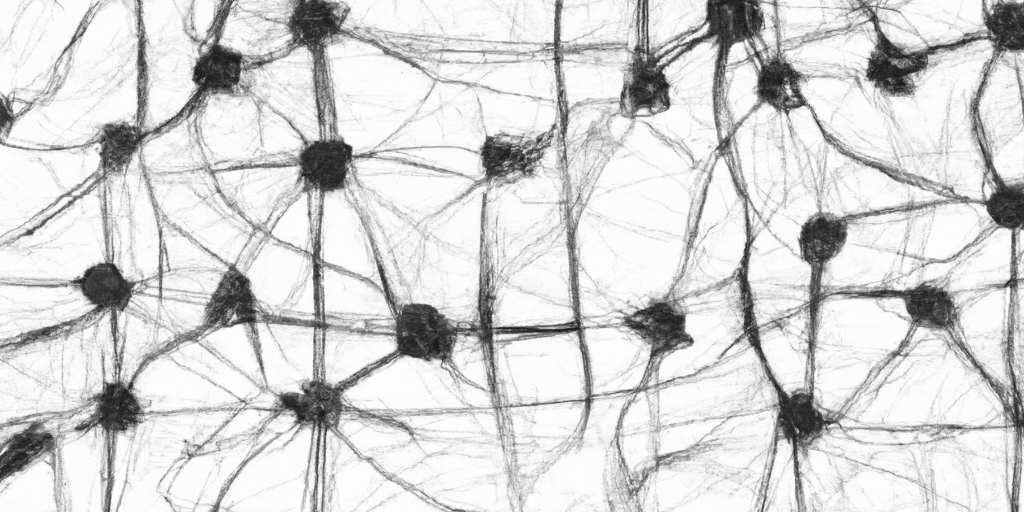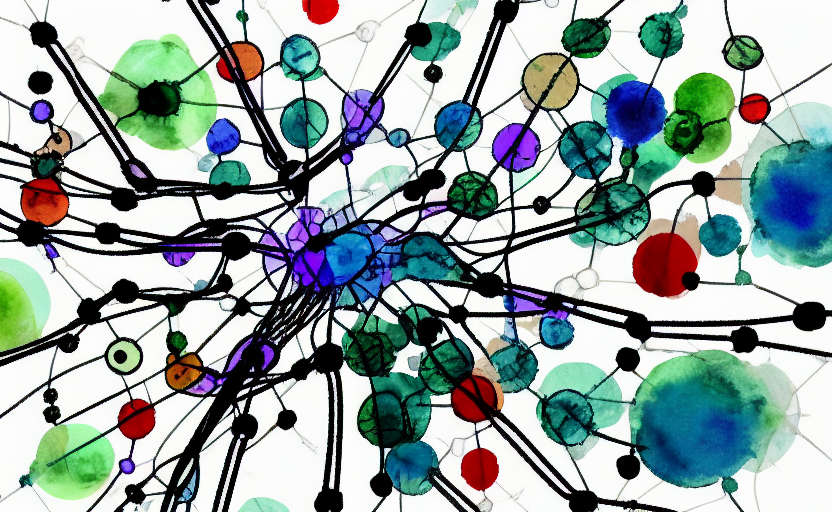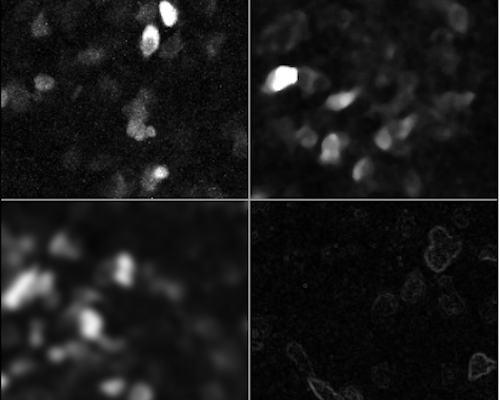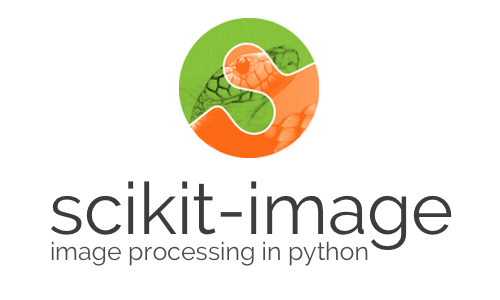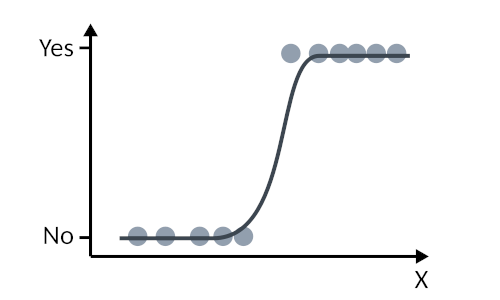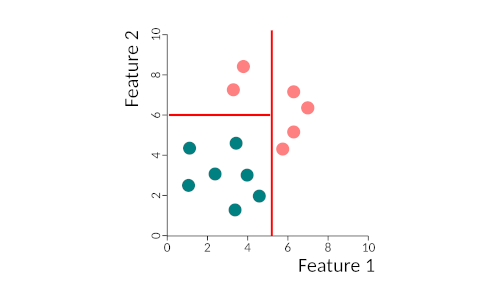Introduction In previous posts, I discussed how to deal with situations where you measure a continuous outcome and you want to explain its variability as a function of one or more continuous or discrete variables, using linear regression or mixed-effects models. However, there are situations where these linear models are not the best solution to […]
